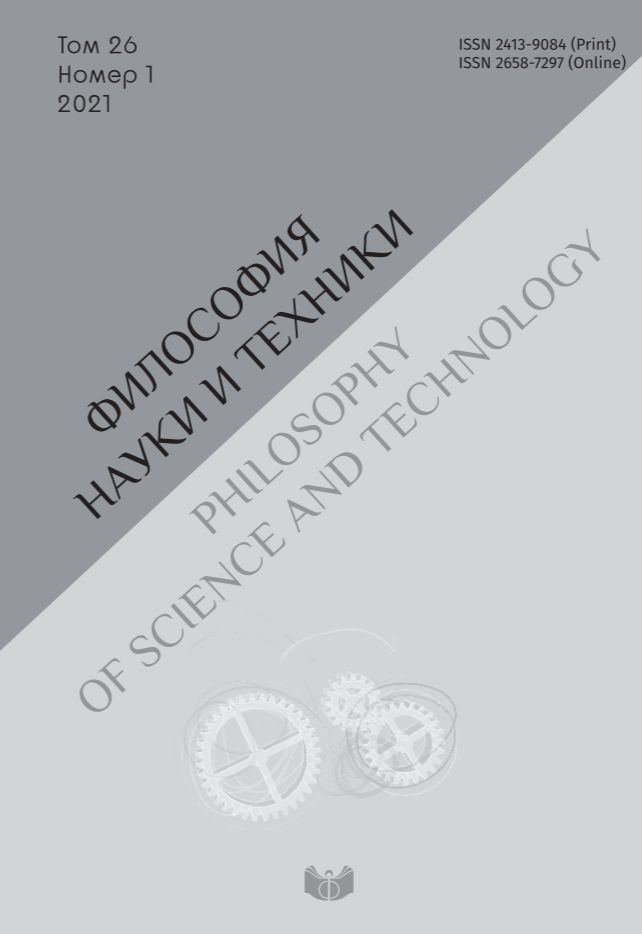Cognitive science: from paradigms to theoretical complexes
DOI:
https://doi.org/10.21146/2413-9084-2021-26-1-5-22Keywords:
theoretical complexes, cognitive science, components, family resemblance, embodied cognition, paradigms, scientific research programs, research traditionsAbstract
This article deals with the task of understanding main theoretical movements in cognitive science, including classical computational cognitivism, connectionism, moderate embodied cognition, and predictive processing. For this purpose, the article analyzes the well-known post-positivist conceptions of philosophy of science developed by T. Kuhn, I. Lakatos, and L. Laudan, which focus not on individual theories, but on groups of theories. Despite the fact that all these well-known post-positivist conceptions describe well certain features of theoretical movements in cognitive science, none of them as such can be taken as a basis for understanding those cognitivist groups of theories and models. Thus, the article develops an alternative approach based on the author’s idea of theoretical complexes. With the help of this idea, it becomes possible, firstly, to characterize the form of organization of main theoretical movements in cognitive science. From this point of view, complexes of individual theories, models, and conceptions in cognitive science can be formed both on the basis of one common property or a number of common properties, and on the basis of family resemblance. And, secondly, the idea of theoretical complexes has made it possible to clarify the basic functions of cognitivist theoretical movements. These functions include the constructive function of a landmark for the supporters of one particular complex (including the subordinate functions of creating and modifying individual theories, defining their basic concepts, etc.). and the negative function of a target for criticism for supporters of competing complexes.











